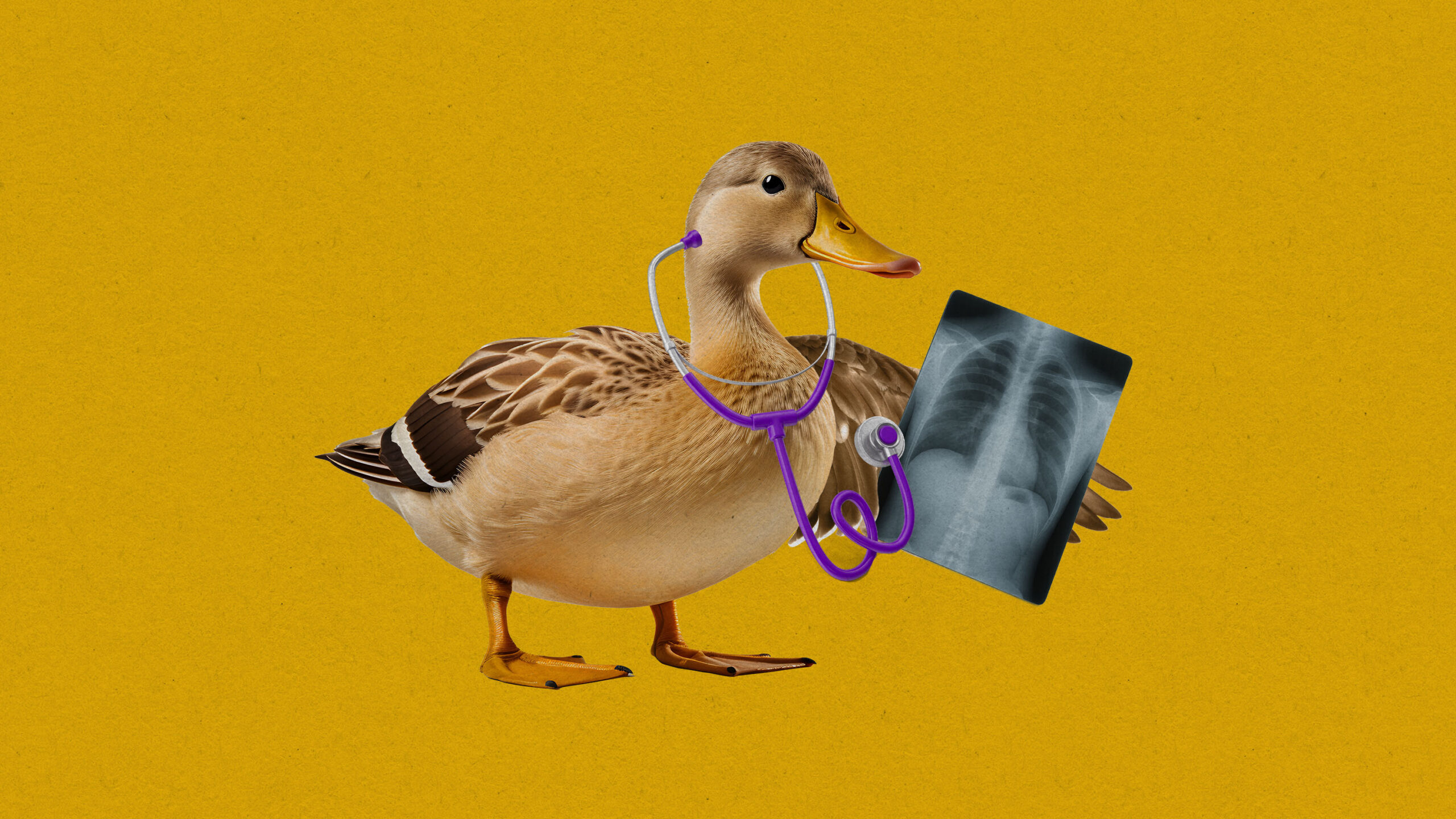The rapid evolution of AI chatbots and medical advice has transformed how people seek healthcare information online. But a concerning trend has emerged many leading AI companies have stopped reminding users that their chatbots are not medical professionals.
This small omission carries major implications. Once a standard safety net, the medical disclaimer helped ensure users treated AI generated responses with caution. Now, its absence risks blurring the lines between credible medical advice and machine generated content. As these tools grow smarter and more convincing, users may mistake convenience for credibility putting lives at risk.
The Disappearance of Disclaimers: A Silent Shift
Historically, AI systems like ChatGPT, Google’s Med-PaLM, and Microsoft’s Bing AI offered clear disclaimers when asked medical questions. Phrases like “I’m not a doctor” or “For medical advice, please consult a healthcare provider” were common and expected. But according to recent research conducted by Stanford University’s Human Centered AI Institute, most AI platforms have now dropped or significantly reduced these disclaimers.
Instead of caution, users are now met with confident responses even diagnoses based on symptoms. This shift raises an important question, why are AI companies moving away from transparency at a time when trust in tech is already fragile?
The Missed Diagnosis That Almost Killed
Consider the real world case of 29nyear old Sarah from New Jersey, who turned to an AI chatbot after experiencing persistent fatigue, irregular periods, and sudden weight gain. The chatbot suggested she might be dealing with stress or a hormonal imbalance and recommended rest and dietary changes. No disclaimer was offered.
Trusting the seemingly thorough response, Sarah delayed seeing a doctor for three months only to eventually be diagnosed with PCOS (Polycystic Ovary Syndrome), a serious condition that can lead to infertility and metabolic complications if left untreated.
She later shared, “I didn’t realize how much I trusted the AI until it was too late. It sounded professional and helpful I thought it knew what it was talking about.”
This case underscores the growing danger of AI chatbots and medical advice given without proper context or caution.
Ethics and Responsibility at Stake
Dr. Elaine Morgan, an AI ethics researcher at MIT, warns, “Removing disclaimers from AI medical responses is not just irresponsible, it’s dangerous. These models don’t understand the nuance of human health, yet they’re designed to sound convincing and caring.”
Another expert, Dr. Rahul Desai, a family physician in Los Angeles, echoes this concern: “Patients are walking into clinics with self diagnoses from chatbots. Some are spot on, others are completely wrong and harmful. The absence of disclaimers gives a false sense of authority.”
Dr. Desai adds that AI chatbots and medical advice should never replace the relationship between a patient and a licensed healthcare provider. “These tools should supplement, not substitute,” he explains.
Why Are AI Companies Removing Disclaimers?
There are several possible reasons why AI companies are stepping away from medical disclaimers, User Experience Pressure: Including disclaimers repeatedly may be seen as disruptive or annoying, leading companies to remove them to improve user satisfaction.
Increased Model Confidence: As AI systems improve in accuracy, companies may feel justified in reducing the warning language, despite the risk of occasional dangerous errors.
Market Competition: In the race to offer the most human like, helpful AI, companies may fear losing users to competitors who provide seamless, uninterrupted responses even if those responses are risky.
Legal Grey Zones: Surprisingly, many jurisdictions do not yet require AI chatbots to include medical disclaimers. In the absence of regulation, companies are prioritizing engagement over safety. However! the ethical burden remains high. As AI chatbots and medical advice increasingly intersect, there’s an urgent need for standardized guidelines that prioritize user health over platform popularity.
I Didn’t Know It Could Be Wrong
Mark, a 42 year old father from Texas, recounted his experience using an AI assistant to investigate chest pain. The chatbot provided detailed suggestions involving acid reflux and stress but didn’t mention the possibility of a heart issue or urge him to seek immediate medical attention.
Fortunately, Mark decided to visit the ER anyway where doctors discovered he was on the verge of a heart attack.
“I looked back at the chatbot’s answer later and was shocked no warning, no ‘see a doctor,’ nothing. If I had followed it blindly, I might not be here today.”
Mark’s story highlights a growing trend, users are relying more heavily on AI chatbots and medical advice in moments when hesitation can be deadly.
The Need for Transparent AI Health Guidance
It’s clear that disclaimers do more than just cover liability they remind users of the limitations of the technology. Their disappearance represents a larger erosion of accountability in digital health communication.
Mandatory Disclaimers: Regulatory bodies like the FDA or international equivalents should require AI chatbots to display clear, unmissable disclaimers when offering health related content.
Health Labeled Responses: Companies should build systems where responses on medical issues are tagged or flagged as “AI generated opinion” and not fact.
User Education Campaigns: Just as people are taught to verify news online, users should be educated on the risks of trusting unverified health advice.
Integration with Real Doctors: Rather than attempting diagnoses, AI tools could offer links to real professionals or vetted telehealth platforms.
A Future That Requires Balance
As AI continues to reshape how we engage with health information, we must tread carefully. AI chatbots and medical advice may offer convenience and speed but without the guiding hand of ethical safeguards like disclaimers, they can become a silent risk.
It’s not about halting innovation it’s about steering it with responsibility. Transparency, regulation, and respect for human health must lead the way. The digital world might offer answers, but real care begins with caution


1 thought on “AI Chatbots and Medical Advice: Why the Disappearance of Disclaimers Could Be Deadly”